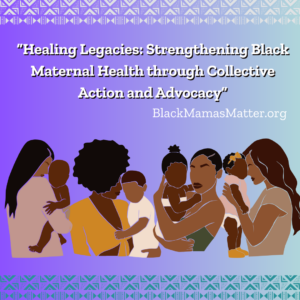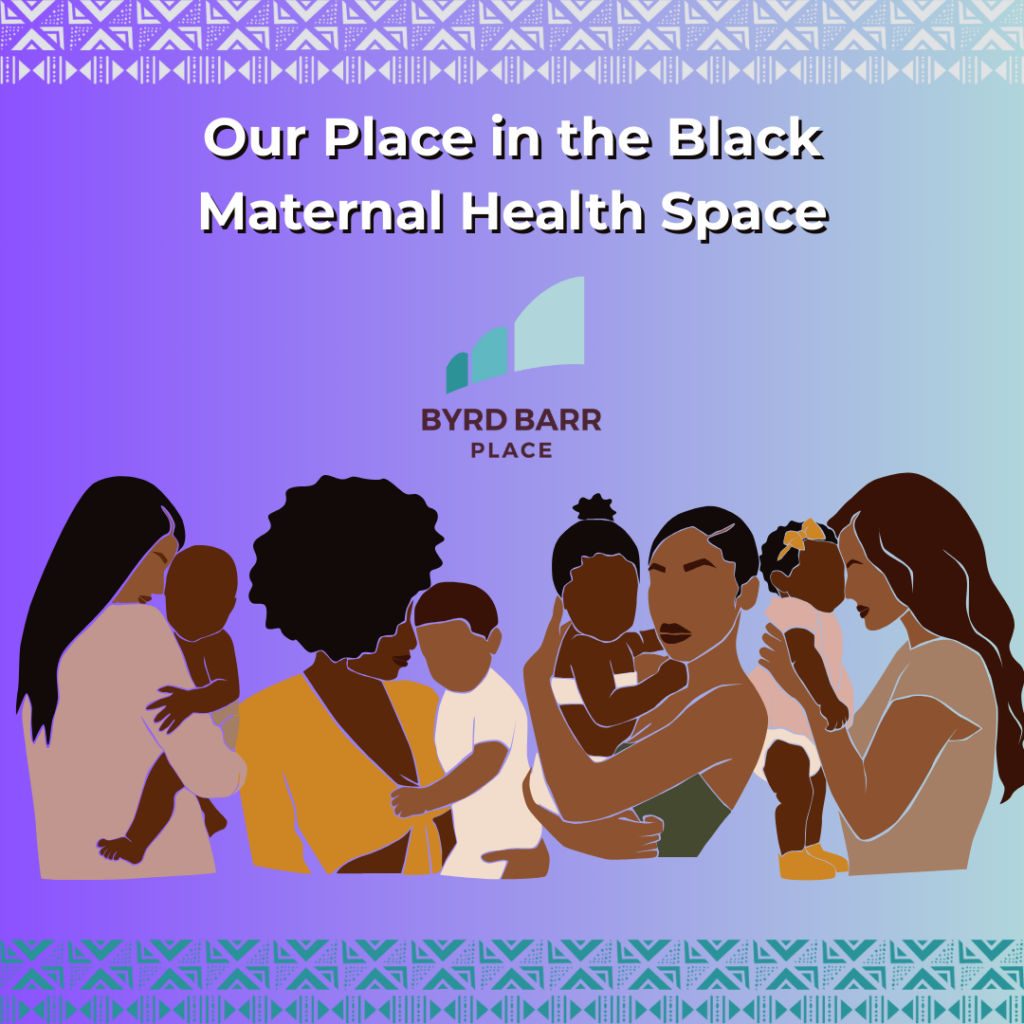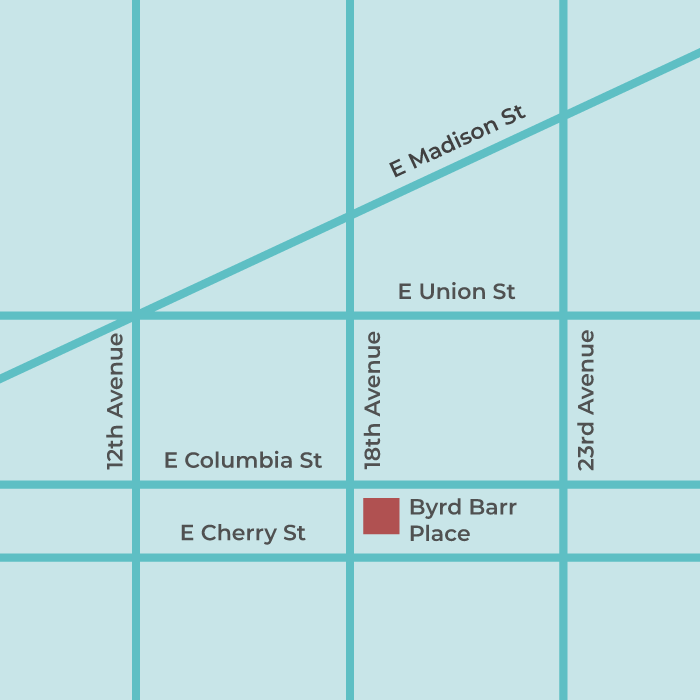April 11th marks the beginning of Black Maternal Health Week and the International Day of Maternal Health & Rights. At Byrd Barr Place, we proudly join the call for health equity for Black women, birthing people, and children.
Originating with the Black Mamas Matter Alliance, Black Maternal Health Week is a time for activism, community building, and raising awareness about the ongoing Black maternal health crisis.
In today’s political climate, it’s easy for health equity issues to be overlooked. Yet economic insecurity is intrinsically to poor health outcomes, making it all the more crucial to keep our focus on the most vulnerable members of our community. As stated on BlackMamasMatter.org:
“The 2025 theme is Healing Legacies: Strengthening Black Maternal Health through Collective Action and Advocacy. This theme focuses on the power of Black-led perinatal, maternal, and reproductive health organizations to drive systemic change and foster community healing.”
Our work at Byrd Barr Place aligns closely with that mission.
Our Good Black Birth Initiative brings together birth-centered organizations from across Washington State, including Open Arms Perinatal Services, Surge Reproductive Justice, Shades of Divinity, Global Midwifery Services (the only Black-owned birth center in the state), The Tubman Center for Health and Freedom, and many more Black birth workers—to reimagine what’s possible when we center Black mothers and birthing people in pursuit of the best birth outcomes.
and Freedom, and many more Black birth workers—to reimagine what’s possible when we center Black mothers and birthing people in pursuit of the best birth outcomes.
This research project is led by Dr. Wendy Barrington and her team at the Anti-Racist Center for Health, housed at the University of Washington. Byrd Barr Place serves as a neutral space of safety and care for this collective of thought partners.
In 2023, the CDC reported that the maternal mortality rate for non-Hispanic Black women was nearly 3.5 times higher than that of non-Hispanic White women. While Black women are three times more likely to die from pregnancy-related causes than White women, more than 80% of these deaths are preventable. This must change.
While it’s important to confront the dangers facing Black mothers across the country, this week is also a time for reflection and gratitude for the Black midwives and birth workers who have sustained our communities for generations. Today, 98% of children are born in hospitals, but prior to the 1930s, most births took place at home, surrounded by loved ones.
Granny midwives cared for Black communities throughout the early 20th century, especially when segregation denied Black mothers access  to White doctors. These midwives often served 1,000 families in their surrounding neighborhoods and towns. They provided expert care using plant medicine and played a vital role in postpartum recovery.
to White doctors. These midwives often served 1,000 families in their surrounding neighborhoods and towns. They provided expert care using plant medicine and played a vital role in postpartum recovery.
This legacy continues to inspire and sustain Black birth workers today. The National Museum of African American History and Culture in Washington, D.C., even features an exhibit dedicated to the history of Black midwives and doulas throughout U.S. history.
By: Jacqueline Hamilton


